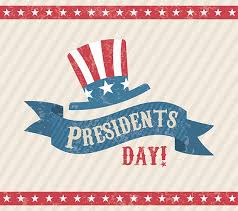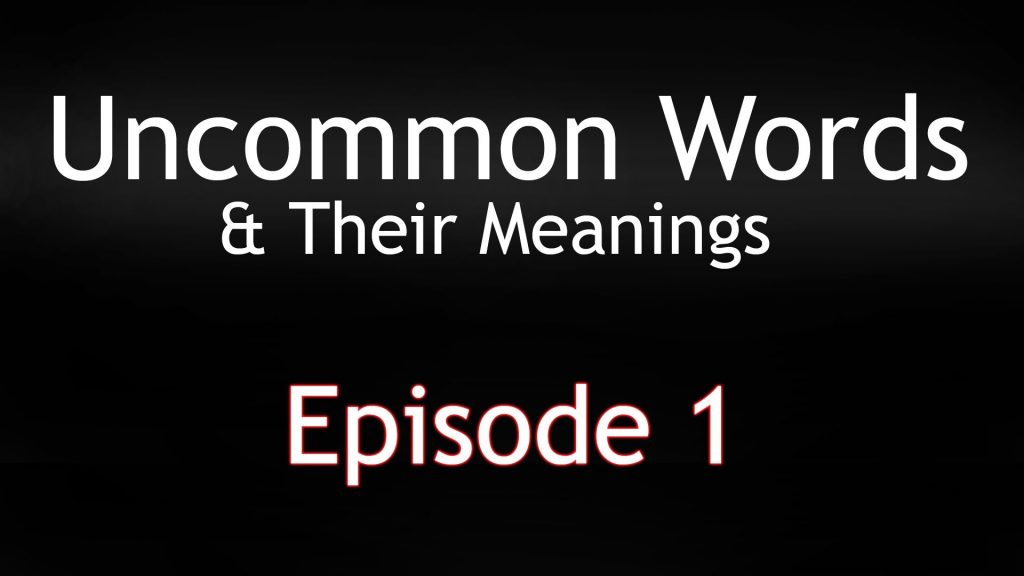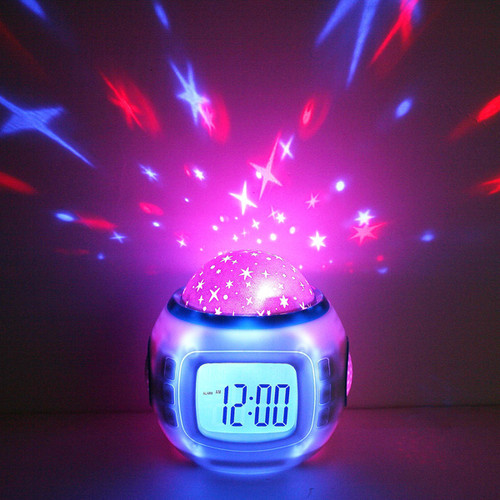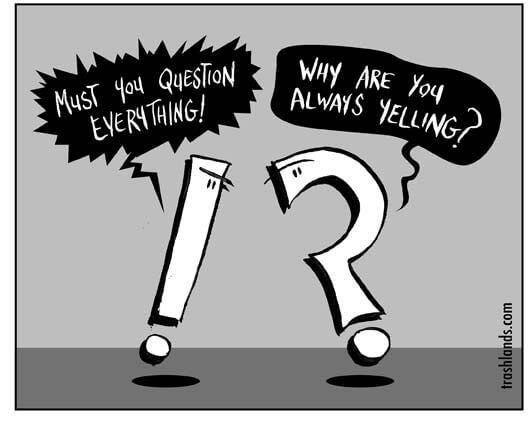 In my last post, I talked about compound words and inserting hyphens to clarify meaning, using the example of the novelty song “The Purple People Eater.” Although I spent a truly ridiculous amount of time researching that one, and I hope you will read and enjoy it, I do recognize that it’s unlikely to be directly applicable in your everyday writing. So I thought I would follow up on that idea with an example that gets used (and misused) frequently in business writing: what to call a man who runs a small business.
In my last post, I talked about compound words and inserting hyphens to clarify meaning, using the example of the novelty song “The Purple People Eater.” Although I spent a truly ridiculous amount of time researching that one, and I hope you will read and enjoy it, I do recognize that it’s unlikely to be directly applicable in your everyday writing. So I thought I would follow up on that idea with an example that gets used (and misused) frequently in business writing: what to call a man who runs a small business.
Many people incorrectly write this term as small businessman. It’s easy to see why this error is so common: a man who works in business is a businessman, one word. But businessman is actually a compound noun that lost its hyphen along the way. In its earliest days, going back to 1798, the term was written as business-man, with a hyphen, or business man, two words. It first got squished into one word in 1860, according to the Oxford English Dictionary, and that spelling eventually became standard.
If you call someone a small businessman, you’re implying that he is a businessman who is small. While some men may technically fit into this category (e.g., the three-foot-six actor of Return of the Jedi and Harry Potter fame, who also owns a talent agency for actors under five feet tall, Willow Management), I doubt any of them prefer to identify as such.
Sure, he’s technically a small businessman but, more importantly, he’s a small-business man.
If you write the term as three separate words, small business man, you’re no longer actively suggesting that the man is small, but people may read it that way. It’s hard to tell what’s modifying what, and that results in confusion.
The proper way to write the term is small-business man. The compound adjective small-business modifies the noun man, implying a man who is involved in a small business.
The AP Stylebook uses this term as the example for using a hyphen to avoid ambiguity:
The president will speak to small-business men. (Businessmen normally is one word. But the president will speak to small businessmen is unclear.)
Next time you start to write this term, stop and remind yourself that what’s small is the business, not the man. And even if both are small, err on the side of modifying the business—the company wouldn’t feel belittled by being called small, but the man probably would.


 We’re all counting down to the upcoming three-day weekend, but many of us don’t know how to write the name of the holiday on Monday correctly. Is it Presidents Day? How about President’s Day? Presidents’ Day? Well, it all depends on whom you ask.
We’re all counting down to the upcoming three-day weekend, but many of us don’t know how to write the name of the holiday on Monday correctly. Is it Presidents Day? How about President’s Day? Presidents’ Day? Well, it all depends on whom you ask.


